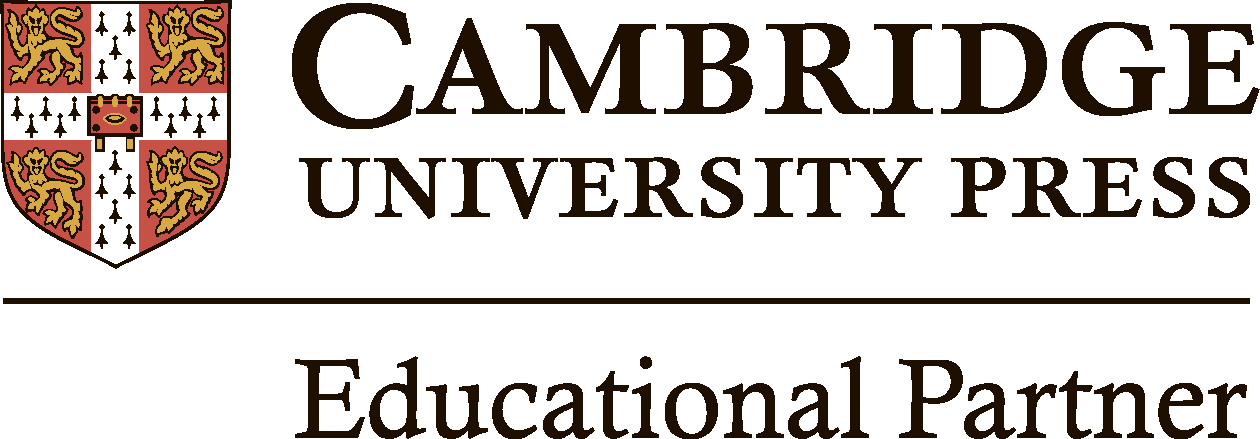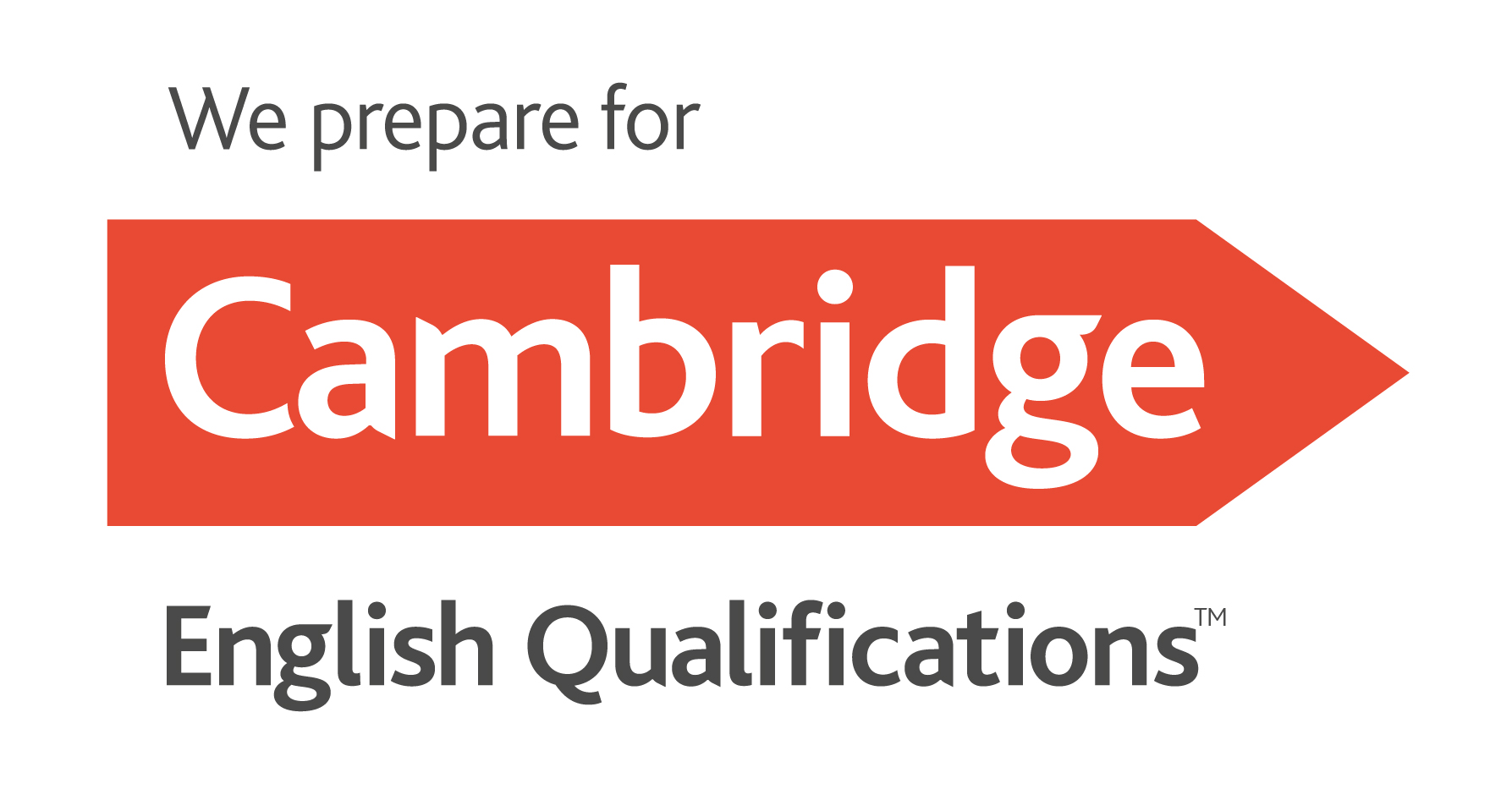Teaching methodology
"Our school offers a few lesson types:
- Skills Lessons (aimed at developing Speaking, Reading, Listening and Writing);
- Language Systems Lessons (aimed at studying grammar, vocabulary and functions);
- Mixed Lessons (combining Skills and Language studies, e.g. new grammar material followed by speaking based on the grammar);
- Revision Classes (recap and consolidation of acquired knowledge and skills);
- Books-Free Classes (interactive classes without course books).
How are lessons conducted?
The class starts with a small talk between students about the latest events in their life, country and the world. The students exchange information, give advice and recommendations. This stage of the lesson is called "Warming-up" and aimed at tuning the students into the lesson, raising their energy levels, leading them into communication and improving group dynamics. The teacher plays the part of a language resource without direct interference into the conversation in order not to disrupt the flow (the focus is on fluency). The teacher monitors the students' conversation taking notes of mistakes (Delayed correction) in order to discuss them with the students during "Final Feedback Correction". The lesson is planned in such a way as to make all its parts interconnected: one stage logically following another. As a result, the students are plunged into the language environment (Immersion principle) and have to use the language as a tool to complete communicative tasks. The topics touched upon in the "Warming-up" will be noticed by the teacher and serve as a “bridge” onto the next lesson stage, "Lead-in", i.e. Introduction of the main material of the lesson. The aim of this stage is to stir the students' interest through elicitation and personal approach, description of engaging facts and events, contrasting and comparing images, as well as associations with certain realia. This stage sets the pace of the lesson, defines the main aims and the ways to achieve them.
The students become active participants of the lesson, aware of and interested in its further development:
- Presentation,
- Controlled/Semi-Controlled Practice,
- Post-Listening/Post-reading,
- Freer Practice.
Within communicative approach, which is inherently student-centred, the teacher does not lecture or hands down ready-made formulae and rules, students themselves discover language usage based on the material they read, discuss or listen to (Guided Discovery). Students build their skills at the Freer Practice stage, when the new language material is used to accomplish communicative tasks in either spoken or written form – free from cramming and swatting, and the fear of making a mistake. Throughout the class, the teacher monitors the students, gently correcting the mistakes on the spot (if the focus is on accuracy) or using delayed correction (if the current activity is meant to improve the students' fluency). Besides, the students also engage in monitoring each other and peer correction. Our syllabus is based on truly engaging course books, which provide extremely relevant and interesting discussion topics. Once a week, we give "Books-free classes" (lessons with no books) in order to involve the students in communication with the help of board games, videos, quizzes and contests between groups – in a word, everything that makes language learning entertaining, stimulating, informative and connecting!”

